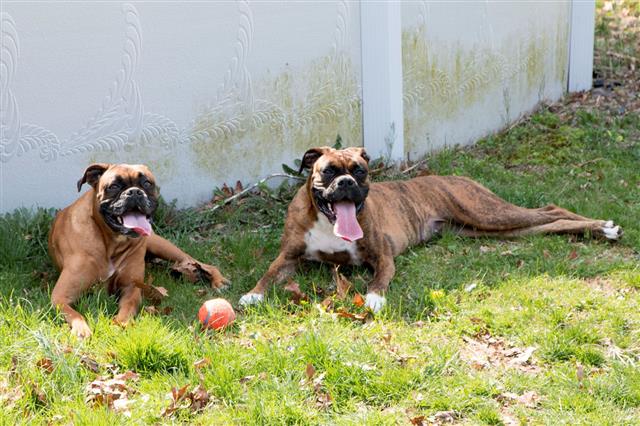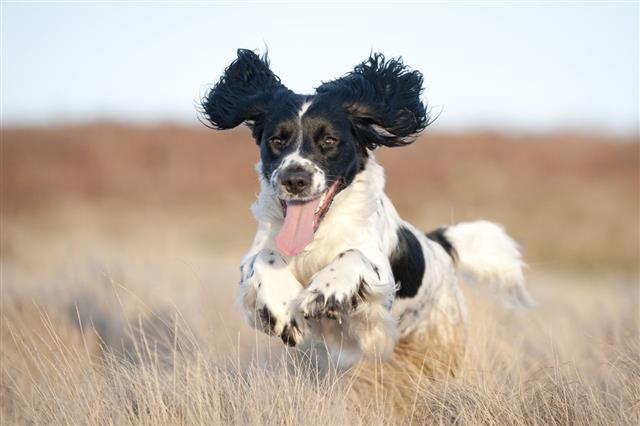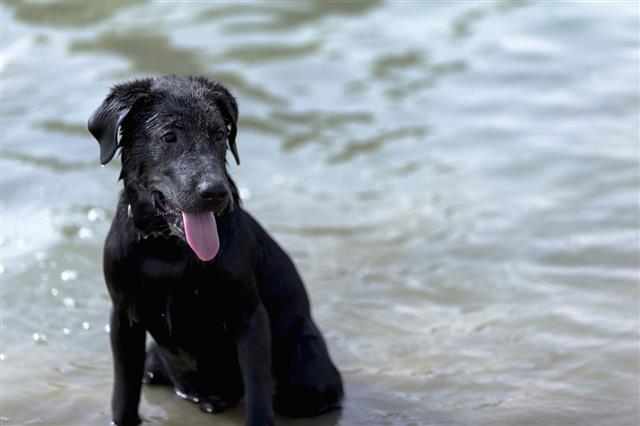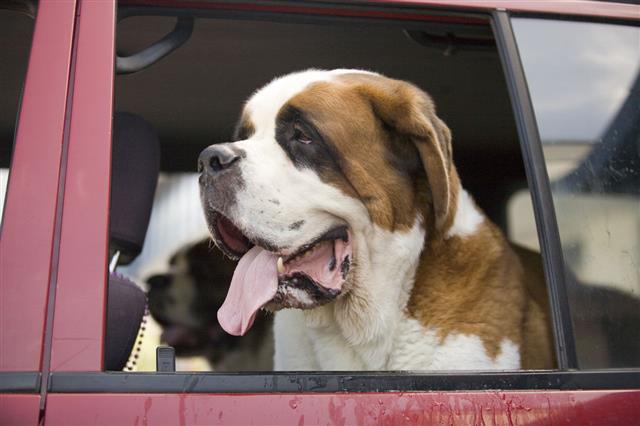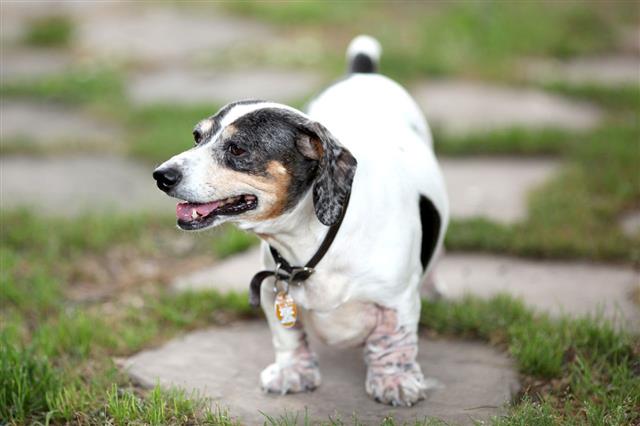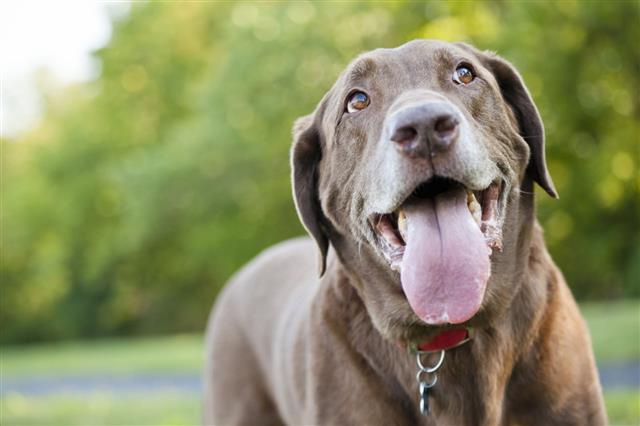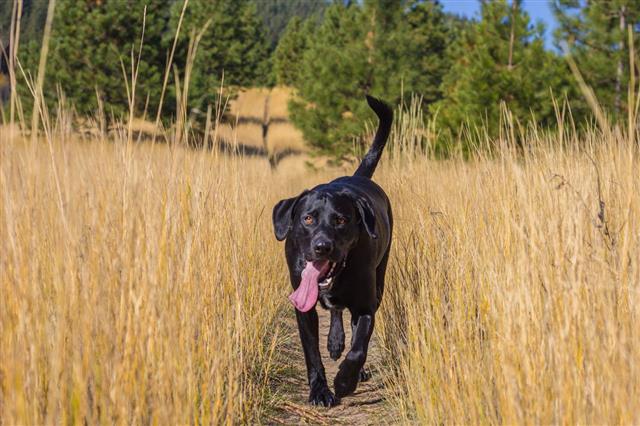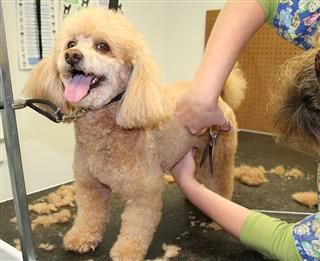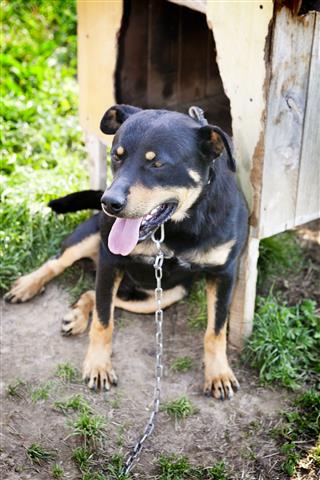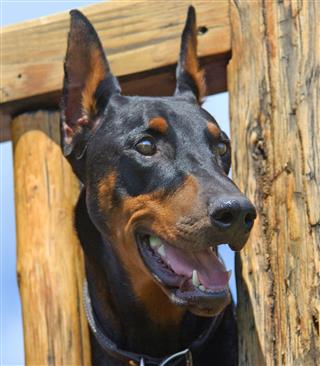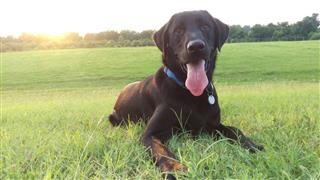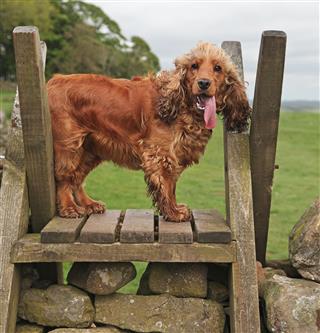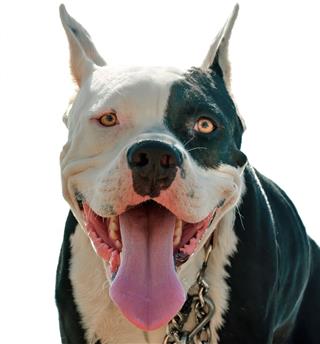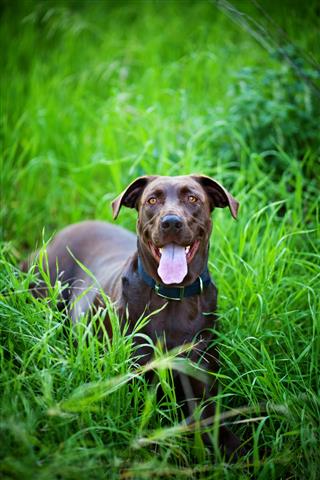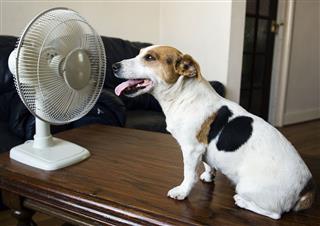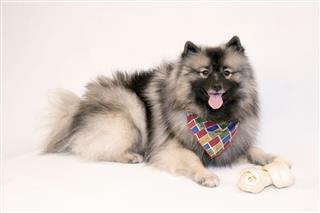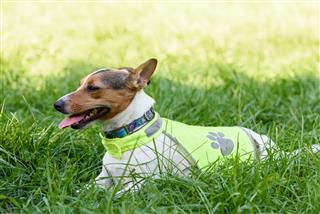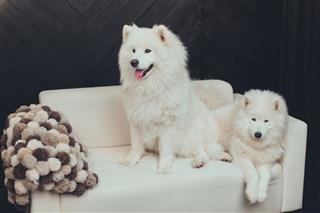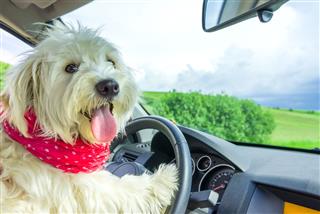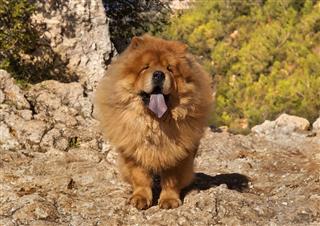
Panting is a common dog behavior. But are you aware that excessive panting in dogs may be a symptom of some underlying disease or medical condition? This article will help you know more on excessive panting.
You must have noticed that after a walk, exercising or during warm and hot climates, your dog starts panting. This is the dog’s personal cooling mechanism that keeps the body temperature from shooting up to detrimental levels. Dogs don’t sweat, they pant. The rapid breathing lets in large amounts of air that comes in contact with the mucous membranes of the mouth and the respiratory tract. This causes the moisture along these areas to evaporate and this helps lower the body temperature of the dog. If you notice heavy panting in a dog, who hasn’t indulged in any physical activity, exposure to heat, anxiety or any other activity or event that may lead to panting, then you need to become more cautious regarding your dog’s health.
Causes of Excessive Panting in Dogs
If there are no observed causes that may be triggering excessive panting in the dog, then you should become alert, regarding the underlying dog health problems. The causes of this breathing disorder may include:
- Heart Problems: Cardiomyopathy, congestive heart failure, heart murmurs, heartworms, are some serious heart disorders in dogs, that may lead to excessive panting. Watch out for other signs like breathing trouble, lethargy, coughing spells, etc. which may be a symptom for these underlying causes.
- Hematologic Problems: Blood diseases such as anemia and carbon monoxide poisoning may be the reason behind excessive panting in your dog.
- Respiratory Problems: Upper respiratory tract infections or complications lead to blockage of the nasal passages of the dog. In order to breathe in more oxygen, you may find a dog pant excessively. The dog may also have extra growths that develop in the nose or the back of the throat. Or a collapsed trachea may be the reason behind an excessive panting dog. Lower respiratory tract complications such as lung disorders can be one of the reason triggering heavy panting in the dog. Fluid or gas filling up in the lungs or development of abnormal masses may also cause panting in dogs.
- Hormone Issues: Hypothyroidism may cause excessive panting. Cushing’s disease may develop in dogs that are on long-term steroid medications. You should look out for pot belly and distinctive panting periods to underline this cause.
- Bleeding Problem: Another cause other than anemia may be bleeding. This bleeding may be internal therefore, unnoticed by the owner. Pale gums are an indication of anemia.
- Pain: Dogs tend to pant when in pain. It is difficult to find the source of pain as it may be an upset stomach or joint pain due to arthritis in older dogs.
- Overheating: Excessive sun exposure may cause the dog to undergo hyperthermia, that is, heat stroke. Examine the gums of the dog and if they appear dark red, then it indicates hyperthermia. A high rectal temperature is observed in these dogs and you should immediately cool them off in a cool water tub. You should take care that the dog is getting wet near the belly region and inner sides of legs. After cooling down the dog, take him to the vet immediately.
- Fever: A rectal temperature of over 102.5 degrees indicates fever in dogs. You need to apply cool sponges on the paws, abdomen and armpits to help cool the dog. Follow all the instructions given by the vet to take care of your pet’s health.
- Poisoning: Dogs tend to chew on things they find interesting. They may eat up something out of a garbage can or chew on a toxic plant. This and plenty of other causes may lead to poisoning in dogs. If you observe excessive panting along with drooling, convulsions, vomiting, sudden weakness in dogs, it is time you run to the veterinarian with your dog.
Dog Breeds Predisposed Towards Excessive Panting
Before you start to panic regarding excessive panting in dogs, keep in mind that an obese dog may pant a lot. This is due to the tendency of their body to over heat. Dogs of different breeds that come under the brachycephalic dog breeds. This means that they have short nasal passages and pushed-in face structure, that causes them to pant more and overheat. These breeds include:
- Affenpinscher
- American Bulldog
- Boston Terrier
- Boxer
- Brussels Griffon
- Bulldog
- Bullmastiff
- Cavalier King Charles Spaniel
- Cane Corso
- Dogo Argentino
- Dogue de Bordeaux
- English Toy Spaniel
- French Bulldog
- Japanese Chin
- Lhasa Apso
- Neapolitan Mastiff
- Pekingese
- Presa Canario
- Pug
- Rottweiler
- Shar-Pei
- Shih Tzu
- Tibetan Spaniel
- Valley Bulldog
- Chow Chow
Thus, if you have a pet dog that is obese or one of the above breed types, don’t worry, because they are more prone to excessive panting. Female dogs tend to pant a lot after giving birth to puppies due to contraction of her uterus for a few weeks. This contraction is to stimulate lactation, that is, milk production. Once you rule out the above possibilities then you may look out for the following causes of excessive panting in dogs. However, even if a dish dog breed does pant excessively, apart from what you term as normal, then it is better to visit the vet for an evaluation.
These are a few reasons that may be the cause of excessive panting in dogs. Be prompt in recognizing these tell-tale signs of underlying dog illnesses, to give your dog prompt medical attention. There may also be some other reasons that may be leading to an excessive panting dog. Thus, always consult a vet to clear out all your doubts. Proper love, attention and care leads to a happy, healthy and active dog.
